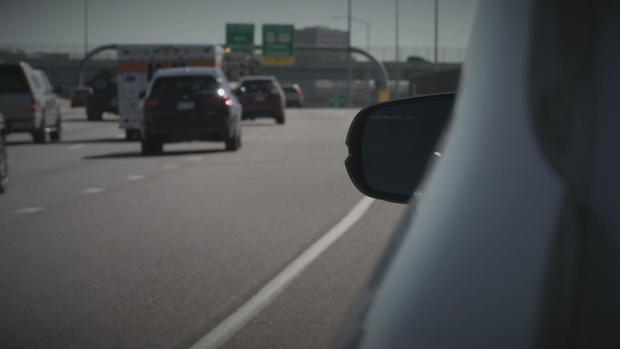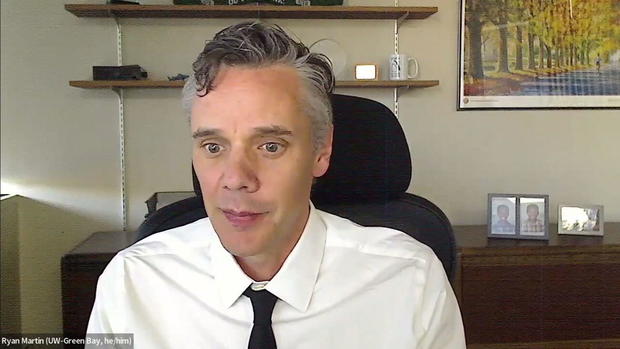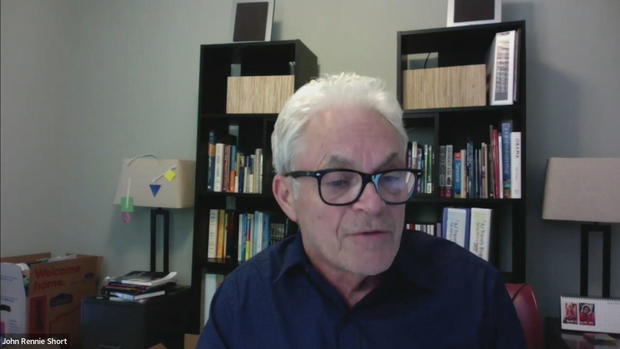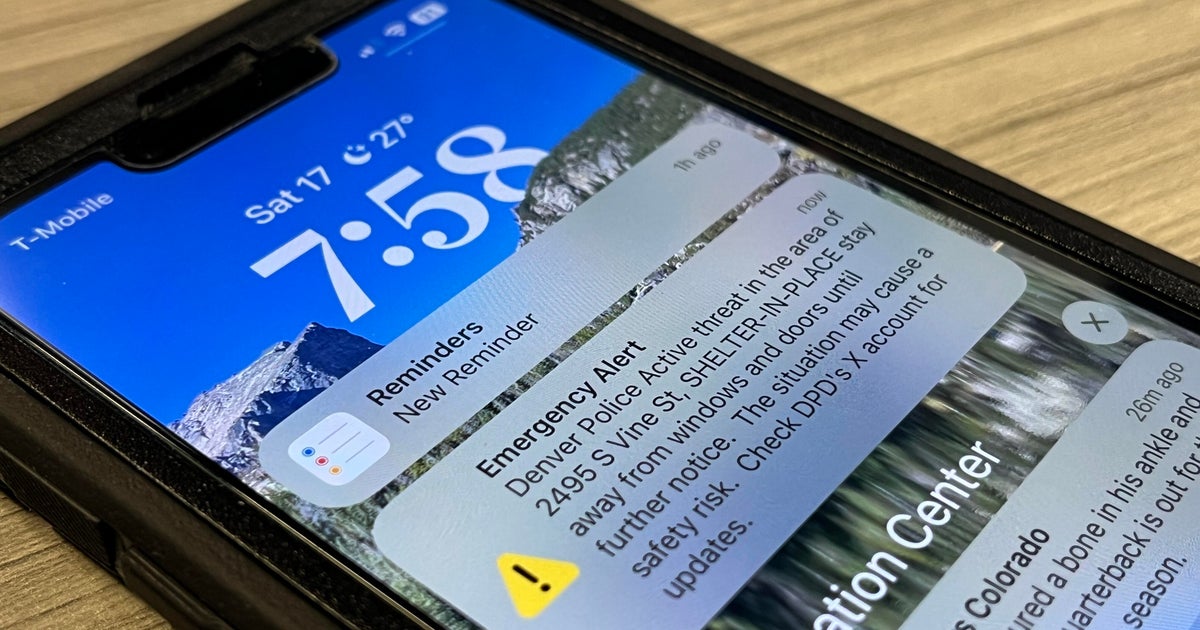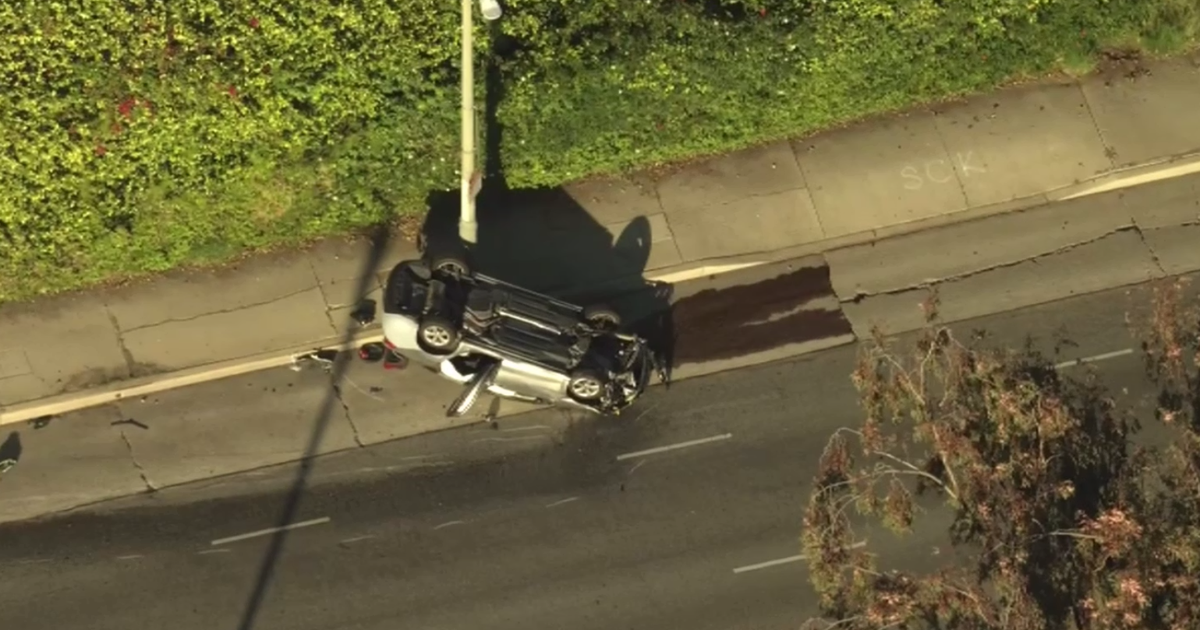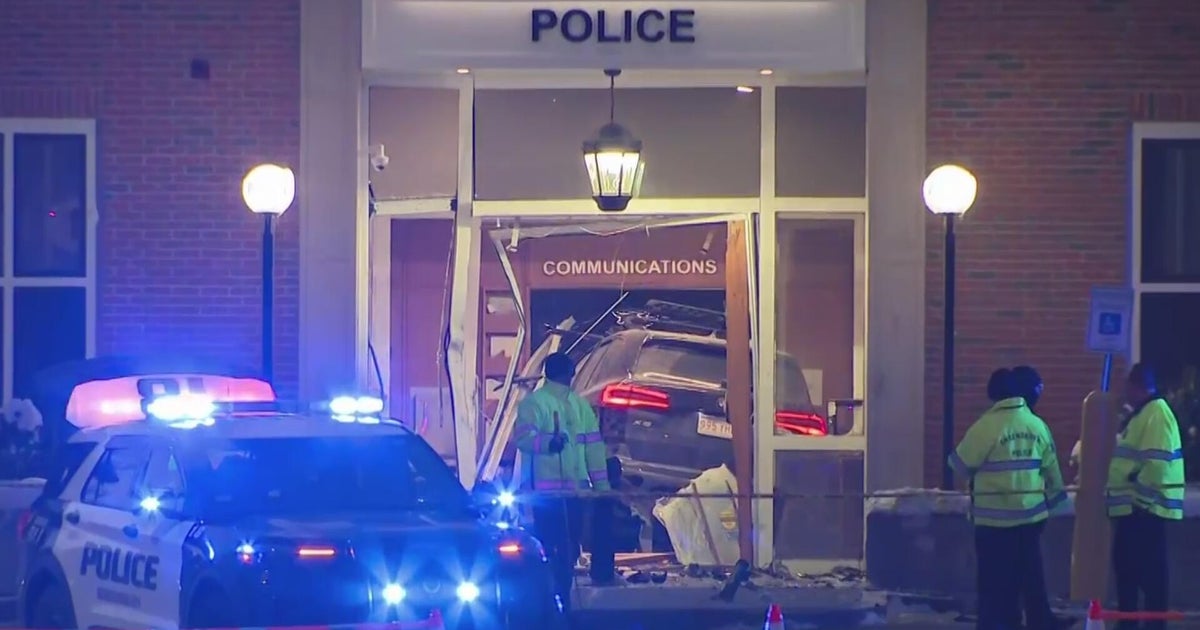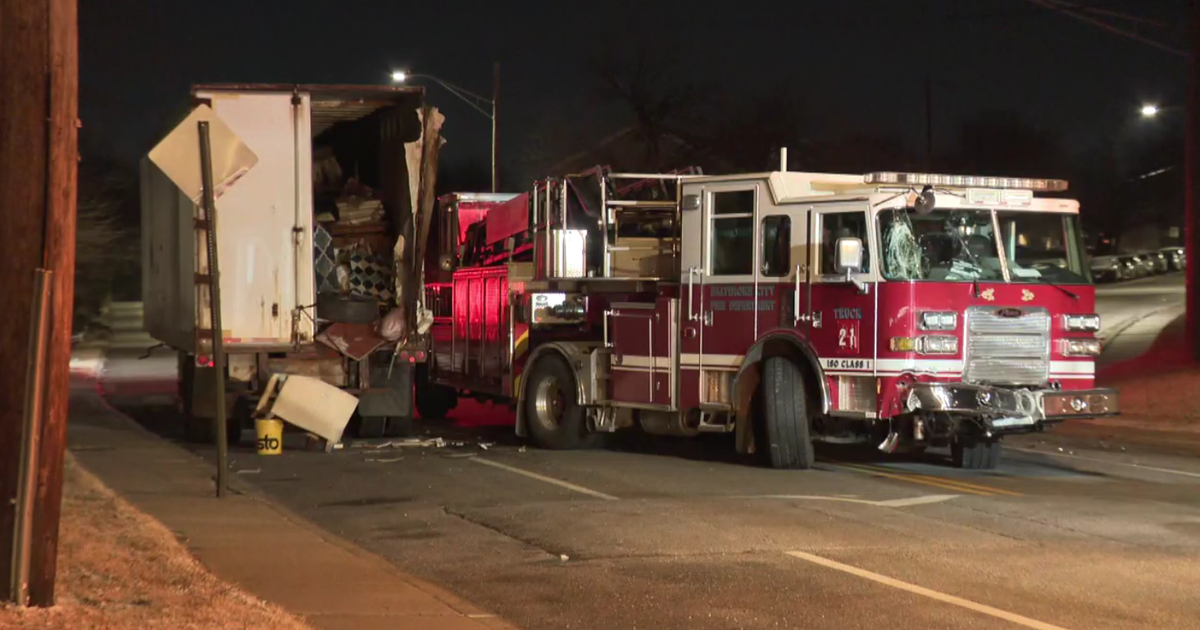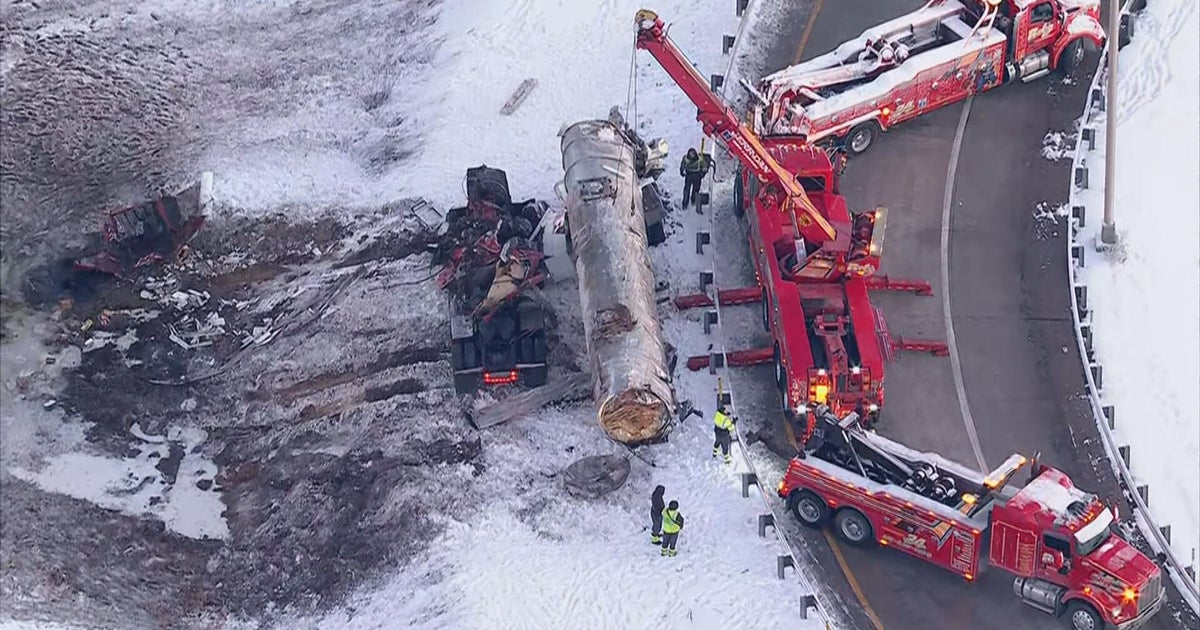Psychology of increased road rage: What you can do if you encounter an angry driver
You're not just imagining it. Road rage has gotten worse in Colorado and across the country in recent years. Over 100 people died last year in Colorado in aggressive driving crashes, and nearly 400 people were seriously injured, according to the Colorado Department of Transportation.
Experts tell CBS News Colorado people are more stressed out in a variety of areas, not just the roads. Flight attendants and school teachers are seeing more angry outbursts than before, and across the country road rage shootings are on the rise.
Colorado State Patrol says more drivers on the highway call in to complain about road rage every year than about drunk drivers.
Last year, the agency received 37,769 road rage complaints statewide, and so far this year, the agency has gotten 24,723 complaints -- on track to meet last year's numbers.
RELATED: Here's how CSP responds to road rage complaints
Experts say addressing those concerns often starts with people behind the wheel.
"Driving is quite honestly one of the perfectly designed places to exacerbate anger," said Ryan Martin, a psychology professor at the University of Wisconsin Green Bay.
Martin has studied road rage extensively, saying the pandemic, combined with the world's political and economic stressors, have heightened anger on the roads.
In addition to those stressors, Martin says there are also inherent issues with differing driving techniques on the roads.
"We have all sorts of unwritten rules for the road that tend to exacerbate anger, because people don't always share those unwritten rules," Martin said. "Very few people drive the actual speed limit on a road. They have their own idea for how fast you should go, and when your view of the speed limit, or how fast you should go, doesn't match someone else's, there's potential for conflict."
He has some advice if you encounter a raging driver.
"Expressing your anger on the road very rarely is going to lead to good things," Martin said. "The consequences of anger and aggression on the road can be catastrophic. They are often fatal, and so step one is recognizing that ... and being aware of the need to really scale back how you respond to potential provocation you experience."
Second, Martin says it's important to drive defensively.
"Driving in a way that is inherently defensive, recognizing that other drivers may get angry with you, may get aggressive towards you, and trying to sort of back off, and stay out of those potentially harmful or conflict situations," Martin said.
Third, Martin advises drivers to work on their own anger management skills.
"Step three is developing some tools for when you are provoked to keep from acting on that anger," he said. "So deep breathing approaches, some mantras, even finding alternative places to go if you find yourself in a situation of conflict."
He says to also keep your primary goals in mind -- to get where you want to go safely -- and to avoid name calling other drivers.
"The other one is what we call inflammatory labeling, so labeling other drivers in these hostile negative ways, calling them you know, a total idiot, calling them a total fool, calling them something worse than that, those sorts of thoughts," Martin said. "We start thinking of them as that thing, instead of who they might actually be as a human being."
Researchers have found there can also be some policy solutions to help curb aggressive driving.
Public policy professor John Rennie Short says, "it's not rocket science."
"You need 'traffic calming,' as it's called, you need to slow down traffic," said Short, a professor at the University of Maryland Baltimore. "I know everyone's in a rush, and it's counter to the pace of our modern life, but it's quite a simple fact that we need to slow down traffic in urban areas, and we can do that via more speed cameras, speed bumps."
He says stepped-up law enforcement patrols and public service announcements -- especially from high-profile celebrities -- can also help.
"As Americans, we accept the fact that 50,000 people die every year. That's a carnage rate," Short said. "We've become used to this background noise and even use the term 'accidents.' So we should do more and we should be a bit more aware."
CSP is rolling out a couple of safety campaigns to help crack down on aggressive driving, where you can expect more patrols and more public messaging reminding you to drive safely and stay in your lane.
